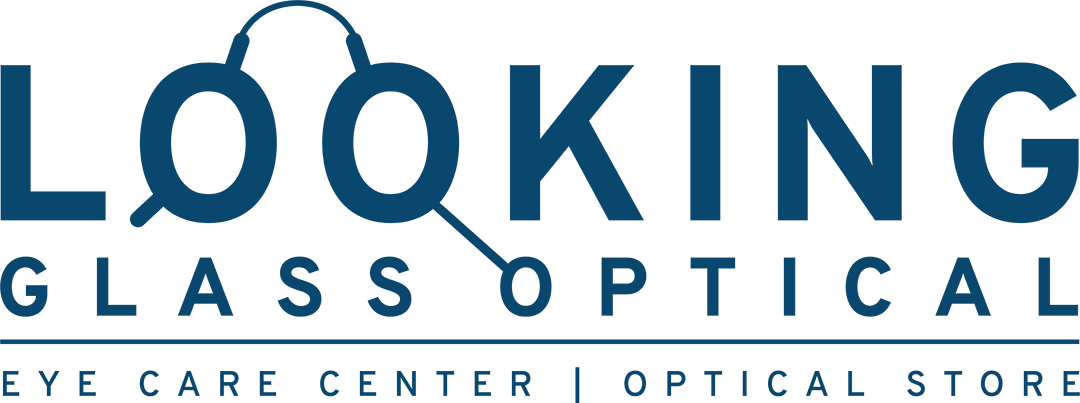Nearsighted and Farsighted: What’s the Difference?
If you’re having vision troubles, you may have already gone to your local optometrist and gotten a prescription for eyeglasses. If you’re one of the lucky ones who doesn’t have trouble seeing, you may have heard the terms nearsighted and farsighted before, but it’s never made sense to you. What do these two terms mean?
Nearsighted and farsighted vision problems are two of the most common eye health issues around the world. What do they mean to you? What can you do, if anything, to prevent these conditions from reducing your vision? Here you’ll find out the difference between farsighted and nearsighted vision and how you can correct the conditions.
What is Nearsighted Vision?
Myopia, or nearsighted vision, is when light enters the eye and your cornea and lens send it to the wrong place in the eye. This causes you to accurately see objects when they are close to you, but you’re unable to see objects when they are farther away. Additionally, objects that are a far distance from you can be quite blurry, and you may be unable to differentiate objects depending on how bad your nearsighted vision is.
What is Farsighted Vision?
 Hyperopia, or farsightedness, is when the light enters and transfers beyond your retina. In this case, you can see objects that are far away from you, but when reading close up, you have trouble seeing objects. Objects that are close to you may also appear fuzzy or blurry when you try to focus on them.
Hyperopia, or farsightedness, is when the light enters and transfers beyond your retina. In this case, you can see objects that are far away from you, but when reading close up, you have trouble seeing objects. Objects that are close to you may also appear fuzzy or blurry when you try to focus on them.
Another Common Eye Issue
Besides nearsighted and farsighted vision, you may have something called astigmatism. This radically affects your vision both near and far, so everything looks blurry and out of focus. These three vision issues make up most of the vision problems around the world.
Treatment Options for Nearsighted and Farsighted Vision
Depending on how bad your vision is, you may have several treatment options available. You can choose to wear glasses if you do not need corrective lenses all the time. You may only need them when you’re reading or driving, etc. In that case, glasses may be the way to go, so you have increased versatility and flexibility.
If you need corrective lenses at all times, you may want to consider contacts. You’ll still need glasses when contacts are not appropriate, but you can have both as options to correct your vision.
One other option you may choose is corrective lens surgery. You may be a candidate to have your vision corrected surgically, and ultimately forego having to wear glasses or contacts. This is something you can discuss with your optometrist as you’re finding the best route for your vision. For more information on understanding and preventing nearsightedness, check out our previous article here.
